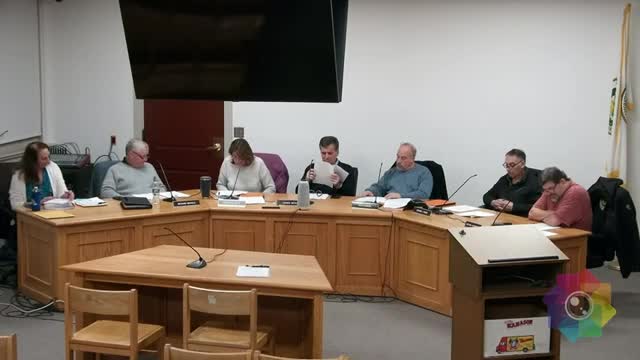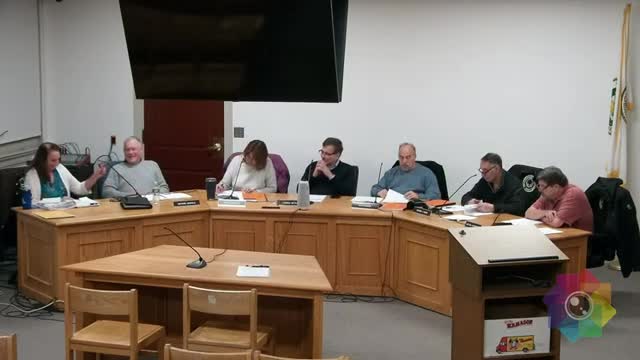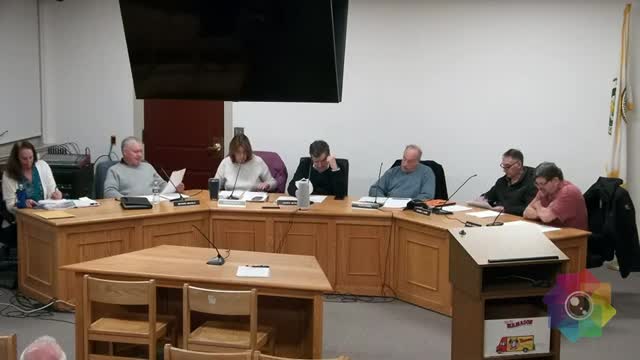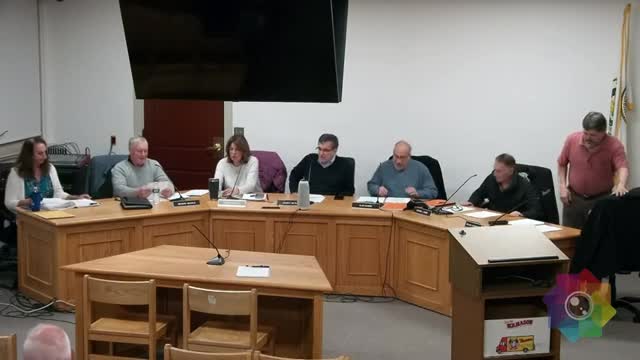Article not found
This article is no longer available. But don't worry—we've gathered other articles that discuss the same topic.

Board discusses temporary-structure and tent permitting, seeks clearer process for events

Planning board votes to send updated FEMA floodplain language back to selectmen for referral and public hearing

Planning board creates zoning bylaw review subcommittee, appoints residents and liaisons

